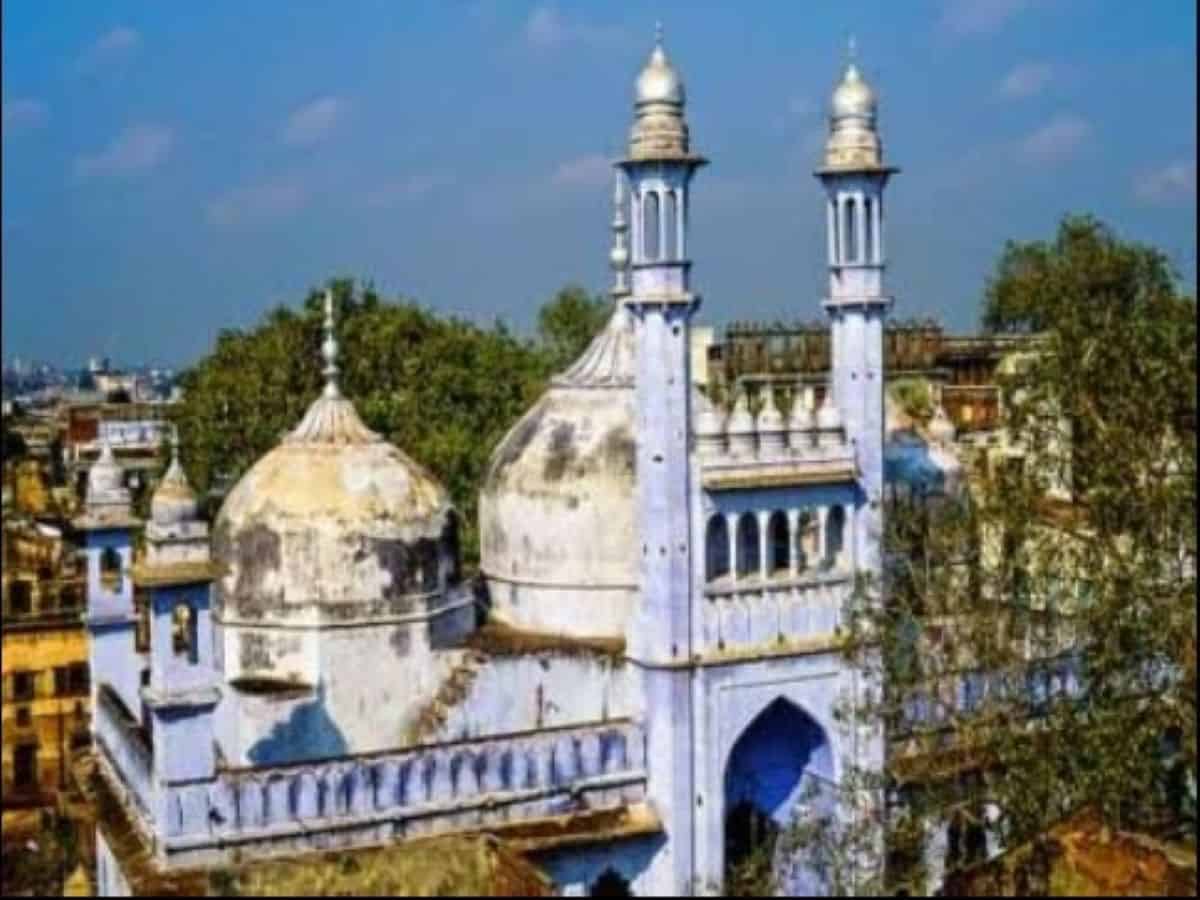
The Maulana Azad National Urdu University (MANUU) students union has expressed their deep regret and concern over the recent judgment by the Varanasi District Court allowing Hindu prayer inside the Gyanvapi Mosque basement. Raising serious questions about adherence to the constitution, the district judge gave the orders on the last day of his service.
In an official statement issued on February 1, the body claimed that the “Varanasi District Judge’s blatant disregards the explicit provisions of the Place of Worship (Special Provision) Act, 1991, which strictly prohibits the conversion of religious worship places.”
They also alleged that the court had given its decision solely based on majoritarian sentiments persuaded by the RSS and BJP, rather than upholding the law of the land.
“Unfortunately, the media is misleading the Hindu community by misrepresenting the facts and creating a false narrative that Hindu worship has taken place within the mosque. It is crucial to clarify that no worship has ever occurred in the Gyanvapi Masjid basement. The district judge’s questionable decision, made on the final day of his service, mandating Hindu prayer within seven days, is based on unfounded claims,” the statement read.
“We also condemn the lower courts’ tendency to bolster the case in favor of the Hindu party through incremental decisions. The initial claim, asserting that the Gyanvapi Masjid was a Hindu temple demolished by Aurangzeb to construct a mosque, was challenged by the mosque administration in the Supreme Court, citing the 1991 Places of Worship Act. However, the Supreme Court then referred it to the district court, and the district court’s ruling dismissed the applicability of both the Places of Worship Act, 1991, and the Waqf Act to this case,” it added.
It further said, “Similar to the Babri Masjid, the Gyanvapi Masjid case shows a concerning trend wherein government machinery seems to be attempting to replicate similar scenarios nationwide. This pattern, like the Babri Masjid case, began in lower courts, with the media playing an unfortunate role in shaping a false narrative that ultimately led to the destruction of the historical mosque by a radical Hindu mob.”
Citing the verdict on the Babri Masjid’s replacement with a Hindu temple, the statement claimed that numerous mosques were targeted across the country regardless of their historical significance. It was also alleged that the incident of the Sunehri Masjid in Delhi was not yet over when the DDA in Delhi bulldozed an ancient mosque.
The statement concluded by appealing to the Supreme Court to instruct the central government to rigorously enforce the law on places of worship and mandate lower courts not to consider any petition.
“We also call upon all people committed to justice and democracy to unite and raise their voices against these orchestrated attempts to fuel anti-Muslim communal polarization. It is imperative for the sake of a peaceful and just society that the rule of law prevail over divisive agendas,” it said.

